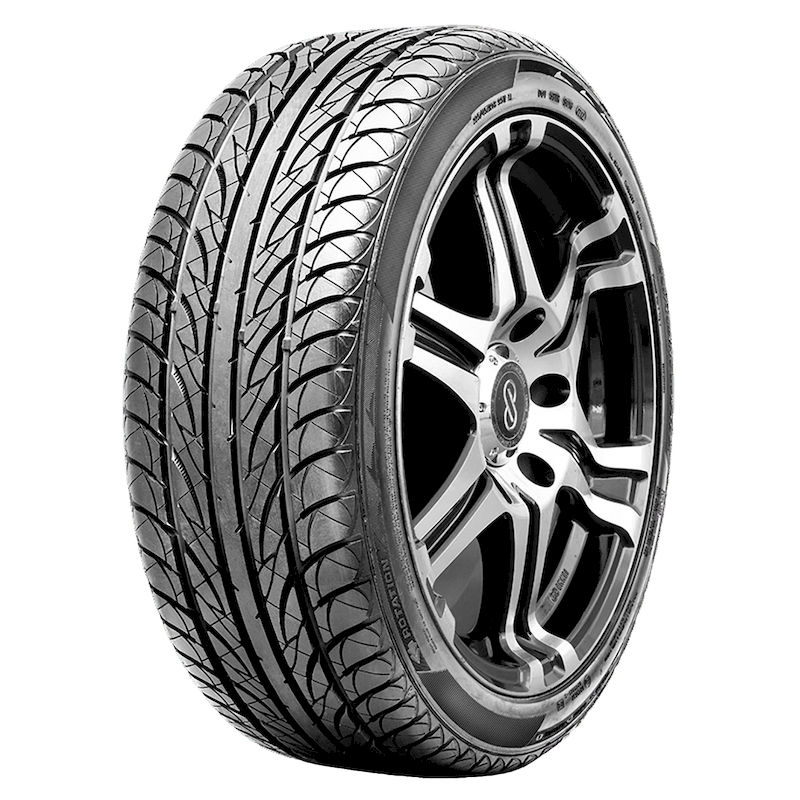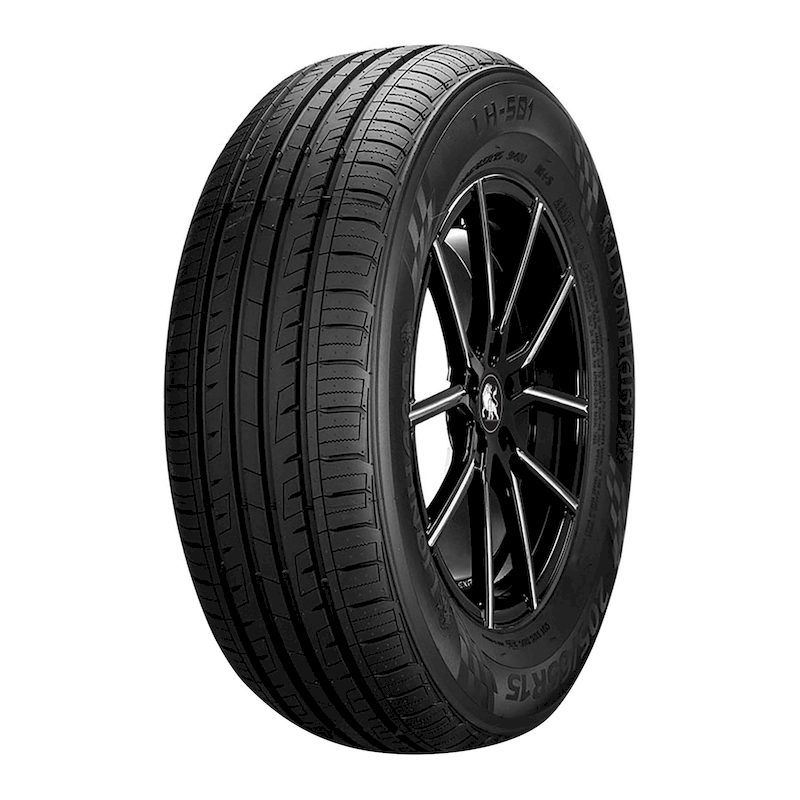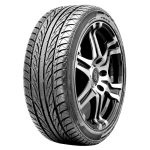Encountering a skunk while driving can be a memorable experience, and not in the best way. The powerful and lingering odor of skunk spray can be extremely unpleasant, especially if it clings to your car tires. Skunk smell is notorious for being hard to remove, but there are several strategies you can use to tackle this daunting task. Whether you’ve just driven through a skunk-infested area or your pet skunk has taken a liking to your vehicle, understanding how to get skunk smell off car tires is essential for restoring your vehicle to its original state. This article will explore why skunk odor is particularly difficult to remove, the science behind the smell, and provide you with detailed steps and methods to eliminate that unpleasant scent for good.

Understanding Skunk Odor: Why It’s So Stubborn
Skunk spray contains a mixture of sulfurous compounds, primarily thiols and thioacetates. These compounds are responsible for the characteristic odor that most people find off-putting. Thiols, in particular, are small enough to penetrate various materials, which is why the smell can linger on car tires even after a short encounter.
When skunk spray contacts your tires, it can cling to the rubber, making it even more challenging to eradicate. This is why understanding how to get skunk smell off car tires is crucial; simply washing them with soap and water may not be effective. You will need to employ specialized cleaning methods that can break down the chemical compounds in the spray.
First Steps After an Encounter
If you find yourself dealing with the unfortunate aftermath of a skunk encounter, the first steps are crucial.
- Limit Contact: If your car tires have been skunked, try to avoid driving the car until you can effectively clean the tires. This limits the spread of odor inside the vehicle and prevents additional contamination to other parts of the car.
- Assess the Situation: Inspect the tires carefully. Sometimes the skunk odor isn’t just on the surface; it may have penetrated deeper into the rubber. Understanding the depth of the problem can help determine which cleaning methods will be most effective.
- Gather Cleaning Supplies: Before you begin the cleaning process, gather necessary supplies. This may include vinegar, baking soda, dish soap, a spray bottle, a scrubbing brush, and possibly commercial odor eliminators. Having everything at hand will make the process smoother.
By taking these initial steps, you’ll set yourself up for success in your battle against skunk odor.
Home Remedies for Eliminating Skunk Smell
When considering how to get skunk smell off car tires, many people turn to common household items that are known for their odor-neutralizing properties.
Vinegar and Water Solution
Vinegar is a natural deodorizer.
- Mix the Solution: Combine equal parts of water and white vinegar in a spray bottle.
- Apply Generously: Spray this solution directly onto the affected tires, ensuring full coverage.
- Scrub the Tires: Use a stiff-bristled brush to scrub the mixture into the rubber. The acidity in vinegar will help neutralize the odor.
- Rinse Off: After scrubbing, rinse the tires thoroughly with water to remove both the vinegar solution and any lingering skunk scent.
Baking Soda Paste
Baking soda is another effective odor eliminator thanks to its properties as a natural absorbent.
- Create a Paste: Mix baking soda with a small amount of water until it forms a thick paste.
- Apply to Tires: Apply the paste liberally over the tires, focusing on areas that seem more affected by the odor.
- Let it Sit: Allow the paste to sit on the tires for at least 30 minutes. This will give the baking soda time to absorb the smell.
- Scrub and Rinse: After the waiting period, scrub the tires with a brush and rinse them well.
By utilizing these common household items, you can effectively tackle the skunk scent before resorting to harsher chemicals.

Commercial Products to Consider
If home remedies don’t quite do the trick, you may need to consider commercial products designed to combat stubborn odors like skunk spray.
Odor Neutralizing Sprays
Several specific odor eliminators target skunk smells. Look for products that contain enzymatic cleaners, which can break down the compounds in skunk spray.
Tire-Safe Cleaners
Be sure to choose cleaners formulated specifically for tire cleaning. These products typically provide deep cleaning without damaging the rubber.
Specialty Odor Remover Products
Some brands offer products specifically designed for skunk odor removal. These may include natural ingredients known for their efficacy in neutralizing strong smells, so be sure to read the packaging carefully.
Application Tips
- Follow Instructions: When using commercial products, always follow the manufacturer’s instructions for the best results.
- Test First: If you are unsure whether a product will damage your tires, test it on a small area first.
Using commercial products can significantly enhance your success in eliminating skunk odor from your car tires.
Preventative Measures: How to Avoid Skunk Smell in the Future
Once you’ve dealt with the odor, consider implementing preventive measures to avoid a similar situation in the future.
Keep Your Distance
Avoid areas known for high skunk populations whenever possible, especially during dusk and dawn — times when skunks are most active.
Implement Regular Checks
Regularly inspect your tires and the surrounding area of your vehicle if you park in a driveway or near wooded areas. Early detection can prevent further skunk-related encounters.
Vehicle Parking Strategies
When parking, select locations away from tall grass, woodlands, or places where skunks might be active. If feasible, park in the garage or a well-lit area.
Through prevention, you can save yourself the hassle of having to learn how to get skunk smell off car tires in the future.
Special Considerations for Different Tire Types
It’s important to remember that not all car tires are the same. Different materials and treatments mean that your cleaning methods might need to be adapted slightly.
All-Season and Performance Tires
All-season and performance tires are made from specific rubber compounds designed for performance. Cleaners that utilize harsh chemicals may degrade their quality. Stick with gentle solutions and brush applications.
Off-Road Tires
Off-road tires can accumulate more dirt and debris, making them more challenging to clean. Using a power washer with a diluted vinegar solution may yield better results.
Specialty Tires
If you have specialty tires, such as those designed for electric vehicles, it’s best to consult the manufacturer’s recommendations. They may have specific products they recommend for odor removal.
Adapt your cleaning technique based on the tire type to ensure effectiveness while preserving the integrity of your tires.
Cleaning After Chemical Exposure
In some cases, skunk spray can mix with other chemicals or vehicle fluids, leading to more complicated odors. If you suspect additional factors are contributing to the smell, consider these steps:
- Dilution: Rinse the affected area with water to dilute the chemicals. This might help reduce the potency of the combined odors.
- De-greasing Agents: Use a mild de-greasing agent to clean the tires if the situation warrants it. Ensure that the agent is tire-safe.
- Repeated Cleaning: It may take multiple rounds of cleaning to address odors from mixed substances. Be patient and continue with your preferred methods.
Dealing with skunk smell can often be a layered problem, exacerbated by the presence of other compounds. These additional steps can help in those tougher situations.

Conclusion: Restoring Freshness and Odor-Free Tires
Learning how to get skunk smell off car tires is an essential skill for any vehicle owner who risks encountering these small but formidable creatures. From using tried-and-true home remedies to commercial products explicitly designed for odor neutralization, various methods can effectively tackle this pungent issue. While dealing with skunk odor can be highly unpleasant, understanding the underlying science of the scent and taking the right approaches can lead to successful outcomes. Additionally, implementing preventative measures can save you the trouble of needing to handle skunk smell in the future. Keep your vehicle clean, maintain regular checks, and stay alert while driving, especially in habitats where skunks thrive. With the right knowledge and resources, you can ensure your car tires remain fresh and free from unwanted odors, allowing you to drive in comfort and style.

